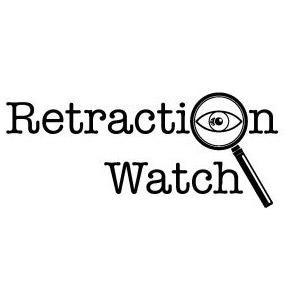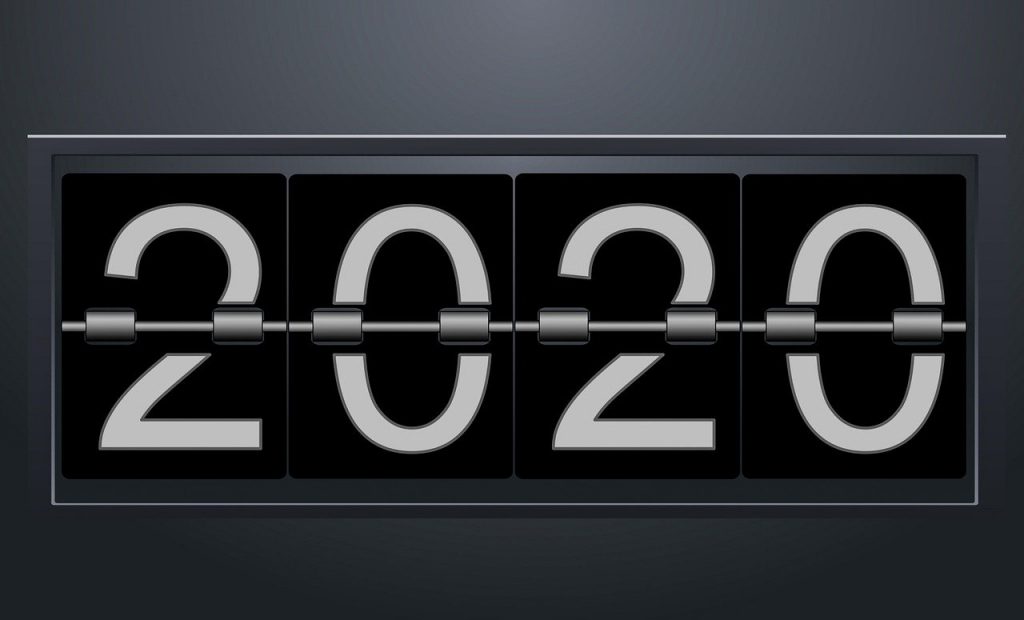We reached two milestones this week at Retraction Watch.
Our database — the most comprehensive source for retractions by a wide margin — surpassed 25,000 retractions. And our list of retracted COVID-19 papers, which we’ve maintained for a year, grew past 100 for the first time.
When we launched Retraction Watch in 2010, we, along with many others, thought retractions happened only dozens of times per year. We were wrong, and soon learned that figures had doubled in the first decade of this century, and that no one was keeping close track. The idea for the database was born several years later.
Readers may recall that when we launched the database in October 2018, it contained 18,500 retractions. That means we’ve found, checked, categorized, and entered some 6,500 retractions in two and a half years. New last year: The ability to include retractions in any language.
Continue reading 25,000: That’s how many retractions are now in the Retraction Watch Database





